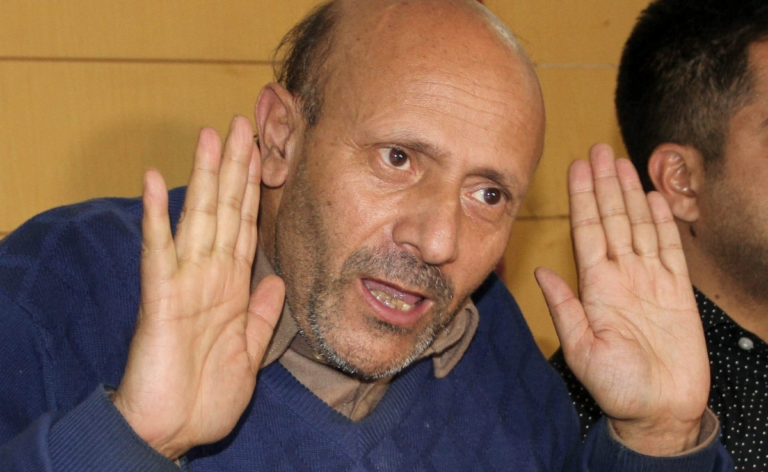A bunch of farm unions have resumed their protests demanding that the Centre introduce a law to offer guaranteed minimum support prices (MSP). The protest is generating more noise due to restrictions on highways than the nuances of agricultural policy in India. While representatives of the Centre, including the agriculture minister, are trying to resolve the situation through dialogue, it is extremely unlikely, if not impossible, that any law offering guaranteed MSPs for all crops can even be considered since the fiscal implications of such a law would subsume a very large part of the budget.

That said, are the farmers being irrational in demanding a guaranteed MSP? This question must be answered in the wake of a systemic viability crisis in Indian agriculture in past decades. Not being able to get remunerative prices for their crops is at the core of this crisis, which is only becoming worse with climate-induced shocks becoming more frequent. While asymmetry in the economic power of producers and buyers (local traders or corporates) has made things worse for farmers, the government’s proactive approach to controlling food inflation via policies such as export bans has not adequately helped. Be that as it may, most experts agree that food inflation is too sensitive an issue, both for poor households and by extension, the political fortunes of the government of the day, to be left to the vagaries of the free markets. What does this mean for the desired course of agricultural policy in India?
A just and forward-looking agriculture policy should focus on three things. One, securing farm incomes is essential to reducing India’s poverty and inequality challenge as the sector still employs almost half of India’s workforce. Two, the allocation of precious fiscal resources in agriculture must strike a careful balance between short-term income support and long-term sustainability and growth. And three, agricultural policy should seek a healthy interaction of farmers and larger food markets rather than make the latter completely redundant in production decisions.
Whether or not India can have such a policy will depend on a sustained political engagement with all stakeholders in Indian agriculture including the millions of farmers. Animated debates and protests about legal MSPs guarantees are a red herring that distract from this larger challenge.
Continue reading with HT Premium Subscription
Daily E Paper I Premium Articles I Brunch E Magazine I Daily Infographics








